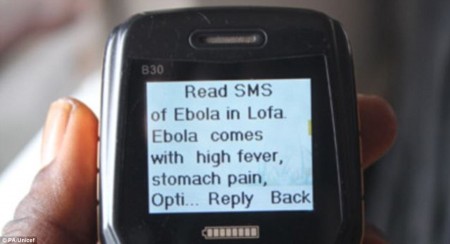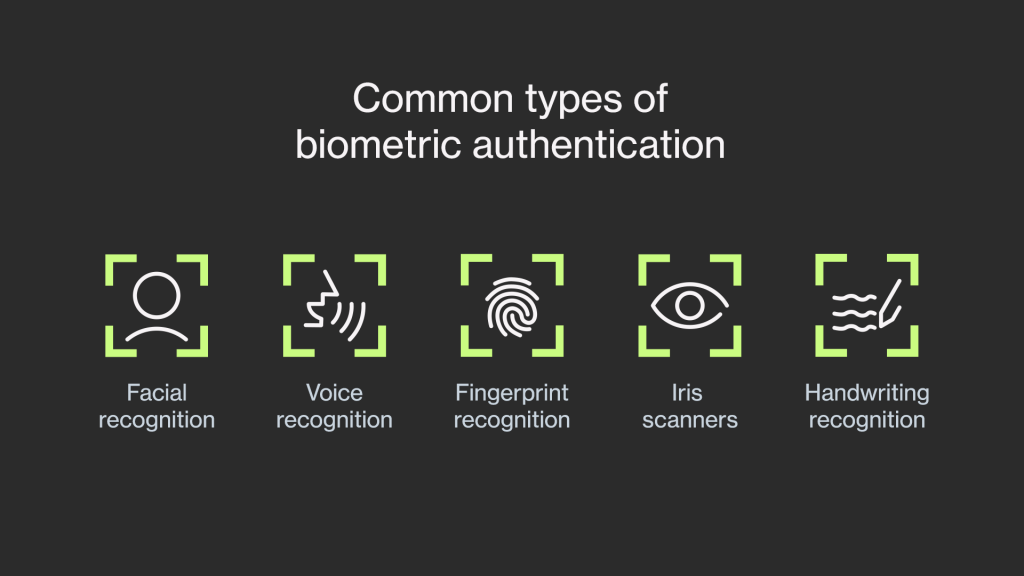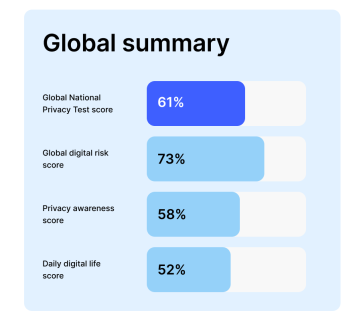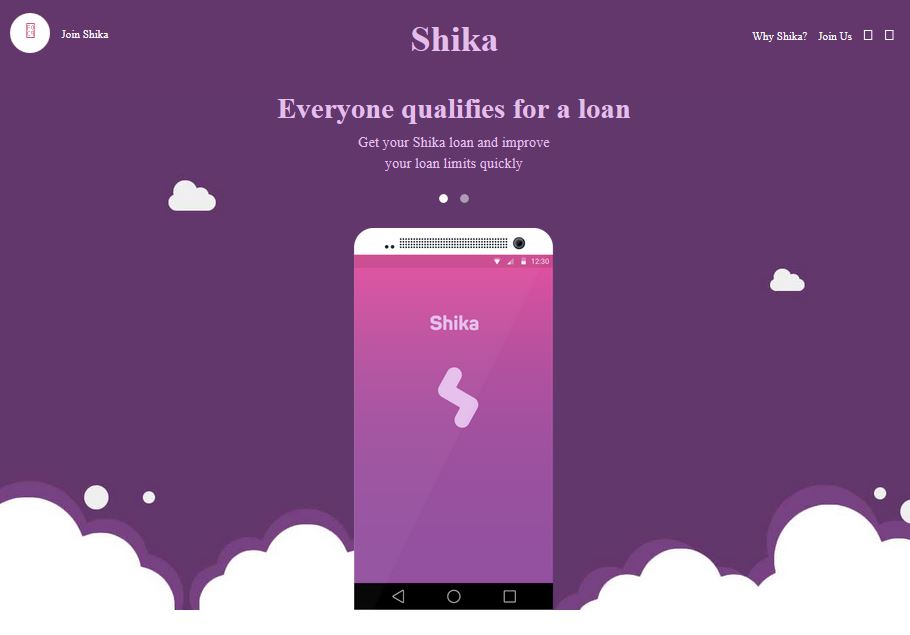Several initiatives that will incorporate the use of mobile technology, data analytics and cloud computing have been launched to help curb the spread of Ebola in West Africa by sharing data related to the Ebola virus.
The initiatives have been introduced through a new partnership between IBM Research Africa, Airtel and Kenyan Echo Mobile, a web-based SMS platform used by firms to communicate, collect and respond to arising needs.
Among the humanitarian initiatives is a citizen engagement and analytics system in Sierra Leone that enables affected communities to communicate their issues directly to the government and a donation of IBM Connections technology in Nigeria to strengthen preparedness in the country.
Through the new analytics system, citizens in Sierra Leone will be able to report issues and concerns related to Ebola by making voice calls or sending an SMS through a new toll free number set up by telecom operator Airtel.
The voice data and SMS are location specific, giving IBM ability to create opinion based hit maps that correlate public sentiment to location information, with plans to extend the system to analyze mobile signal data so as to monitor and track population movement.
“Mobile technology is Africa’s most powerful communications platform providing an important channel for reaching large numbers of the population,” said Sudipto Chowdhury, the managing director at Airtel Sierra Leone.
“As one of Africa’s leading mobile operators, we will do everything we can to ensure that mobile technology contributes to tackling the spread of Ebola and we are partnering with IBM to ensure the effective flow of information between the government and the citizens of Sierra Leone.”
In the collaboration, Echo mobile will be responsible for anonymizing the SMS data to be communicated across the country.
The data includes messages from patients, health workers and the general public that Echo mobile will stream to help in the response effort and in providing a direct and near real-time view of the situation as it is on the ground.
Through the cloud, the system is designed to tap supercomputing power and analytics capabilities in order to identify correlations and highlight emerging issues across the entire data set of messages.
According to IBM, the system has already brought to light specific regions with growing numbers of suspected Ebola cases which require urgent supplies and has achieved faster response times for body collection and burials.
The system also uses radio broadcasts to encourage people to get in touch and express their opinions through a radio engagement model, developed to incorporate questions into public service announcements (PSAs) to elicit feedback from citizens in the country.





